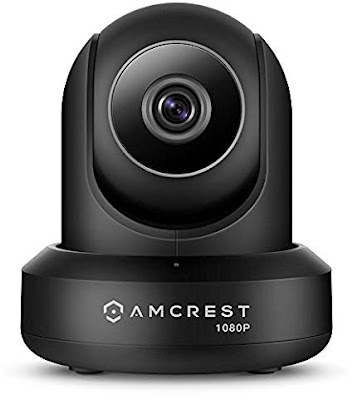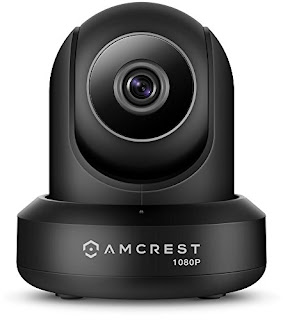Security cameras have been around for decades now. From the day one, they serve as a loyal, helpful and truthful companions who are on watch for our safety. Analog cameras were pioneers in security world. They had been dominating on security camera market before IP cameras came around. Since than people have been discussing whether IP cameras are worth throwing away analog cameras forever. If you are one of those wonderers, you have come to the right place. In the article we will break down for you how do these two camera types differ from each other and which one is the best choice for your surveillance plan.
Here are main differences between an IP camera and an Analog:
- Picture quality – If someone asks you to imagine some scene from the point of security camera, we are sure that you will picture foggy footage displayed on a small monitor. Well that perception comes from analog cameras we were so used to seeing in 90’s crime shows. While analog cameras served loyally for so many years, picture quality they provide cannot even come close to the quality of the footage recorded by IP cameras. Since IPs appeared on market HD quality became available, which is crucial when it comes to identifying criminals from security camera recordings.
- Smart characteristics – In their glory days, analog cameras were considered smart devices because they had simple night vision (if you are thinking about blurry greenish footage, yes, that is what we are talking about). However, compared to what IP cameras can do analog ones do not seem so smart anymore. For example, Amcrest’s newest outdoor IP cameras, which are customized for front doors have IR LED Night vision up to 98 feet. Yes, you heard correctly. Apart from that motion detectors and intelligent digital zoom are one of the most innovative features of these outdoor IP cameras.
- Flexibility – If you decide to secure your home or workplace with analog cameras be prepared for messy wires everywhere. Analog cameras require centralized connection. They store all their data on DVR, which by the way adds to your costs. Now let’s move to IP cameras: IP is an abbreviation for Internet Protocol. New cameras get their name from the fact that they operate through internet connection. IP cameras also work on Wi-Fi, which solves the problem of endless cables. Each IP camera stores recorded data on their own, therefore does not require additional device like DVR. A wireless IP camera is so easy to set up and move around, while analog ones usually require help of the professionals to be installed or moved to another location.
Differences between IP cameras and analog cameras can be listed continuously but the ones listed above are the most important. Knowing all these, now you can decide which kind of cameras you will go with in case you decide to set up a security system of your own.
Source: Click Here


